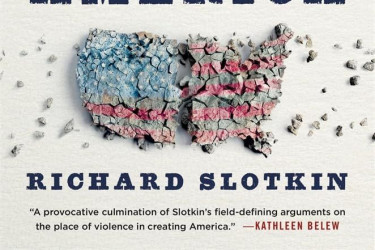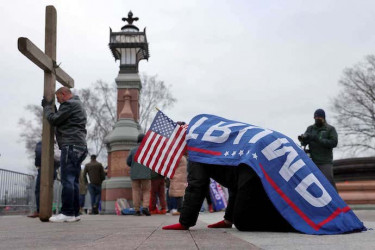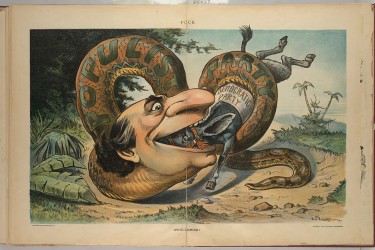For many traditional policy thinkers, the term “culture war” carries a connotation of irrelevance or frivolity: a distraction from more concrete and consequential battles over economic or foreign affairs. But the implication is unearned. In 1990, borrowing the phrase from German chancellor Otto Von Bismark, the American sociologist James Davidson Hunter defined “culture war” as “competition to define social reality.” In other words, why are things the way they are? Why do some Americans enjoy obscene luxury while others toil in privation? Are the social arrangements we confront natural, the consequence of consistent and far-seeing rules, shared and untroubled traditions? Or are these underlying constraints, norms, and laws the product of more ad hoc—and therefore readily reformed or replaced—social arrangements? Are the pretensions to fairness and universality that underlie status quo power relations betrayed by the hierarchies they inevitably produce?
History alone can’t answer all these questions. Our culture wars, however, tend to be fought over whether history can answer any of them. The ideological left believes fervently that it can and must, that the past makes moral demands on the present—and informs how we ought to meet them. The right, meanwhile, insists that any effort to enlist history in formulating and addressing such questions endangers other, more precious, values (namely: natural law, patriotism, and racial harmony). In Hunter’s schema, the culture wars of the 80s were being fought between “progressives” and the “orthodox.” While progressives tend to insist on the historicity of received social arrangements, the orthodox reliably insist on their naturalness.
The culture war came for historian Gary Nash one morning in October 1994, when he was blindsided by a Wall Street Journal editorial attacking the National History Standards that he and his colleagues and hundreds of teachers had spent three years developing. To make matters worse—and more confounding—the broadside was authored by Lynne Cheney, chair of the National Endowment of the Humanities, which had commissioned the project. The standards, Cheney groaned, offered a “grim and gloomy” portrait of America’s past, with too much attention to unflattering episodes like the KKK and McCarthyism, and not enough on the “spell-binding oratory of such congressional giants as Henry Clay and Daniel Webster.”
Cheney’s attack was a preemptive strike; no member of the public (besides teachers who’d participated in the process) had seen the guidelines. She quoted an unnamed member of the council who claimed the liberal co-chairs were motivated by a “great hatred of traditional history” and an obsequious deference to “African American organizations and Native American groups.” Cheney’s op-ed inspired a wave of right-wing anger about politically correct historians teaching students that, as Rush Limbaugh put it, “our country is inherently evil.”



















